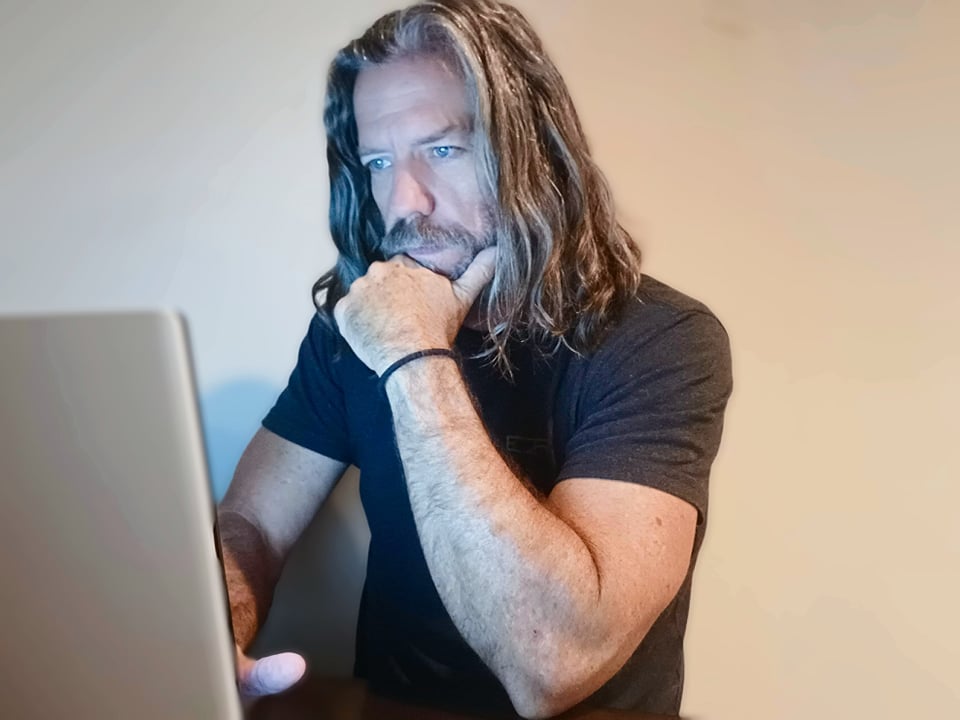
Today’s Bunker Logic and Reason lesson is on a cognitive bias called The Bystander Effect.
Let’s get to it!
The BYSTANDER EFFECT is the social phenomenon wherein people are generally less likely to offer assistance or help when there are more people available who theoretically are able to help.
Example: If an individual comes upon someone who has been injured or who is in duress and needs help, if that individual is alone, he/she is more likely to help the injured party. If there are 100 people standing around each with the capability of helping, the same individual is much less likely to offer assistance.
The Bystander Effect can be used to describe some very common phenomena, from small incidents up to world and epoch-changing historical events. On a relatively small scale, people drive by an automobile accident and when they see that others are nearby who could help, most likely will not – that is, there is an assumption that someone else will step up if there are enough “bystanders.” On a bigger scale, civilizations and empires can fall because the majority does not act, like when a small cadre of revolutionaries (an ideological minority) are able to capture the mainstream of communication (or a whole country through a revolution) because almost all of the majority-minded people will individually (and therefore corporately) assume someone else will resist the revolutionaries for them and stop the vocal minority before it is too late.
This effect can be explained in a number of ways. 1.) People believe they will be “just in the way” if they step up to offer help. 2.) People believe, without evidence, that they are less qualified to offer aid than an unidentified/unnamed “someone” in the crowd who could do better. 3.) People are generally not wanting to be troubled, as the Good Samaritan was – who alone stopped while the injured man’s countrymen crossed over and avoided assisting their neighbor. 4.) People fear being held responsible (in a litigious society) if they help and something goes wrong.
Like I said, this effect scales up. In the larger example, a small group of boisterous minority activists can take over the agenda, and this is true in everything from a business, to a Facebook Group, to an entire country. People are afraid of resisting an activist/vocal minority for all the same reasons. Someone else will do it, afraid of losing what they have (even if by not standing up, they WILL lose EVERYTHING they have,) etc. This reality explains why so many are willing to speak privately and sometimes in a limited public capacity, against things they think are wrong (government overreach,) but when it comes to suffering personal loss by standing by their convictions, they will – in the end – do nothing.
The Bolsheviks were a tiny minority group even among the minority of socialists in a country with a thousand years of history, but this minuscule minority was able to capture a revolution that overthrew the Empire of Russia and ushered in a brutal dictatorship that killed a hundred million people in 70 years. Why? Solzhenitsyn identifies it as this very Bystander Effect. People refused to stand when they could and they were taken down group by group. As a whole, the number of people opposed to the Soviet tyranny was greater by far, but the sheer numbers and the Bystander Effect meant that individuals refused to act so long as they felt a modicum of safety in remaining silent and compliant. Solzhenitsyn, through his own non-fiction works and through his fictional characters, pointed out that only later did they realize that they always had the strength to resist and the numbers to prevail, but their personal cowardice kept them from acting when they could have done something. Dictators know this, and they count on it.
Have a great day!

***
Michael Bunker is a local columnist for BrownwoodNews.com whose columns appear periodically on the website.